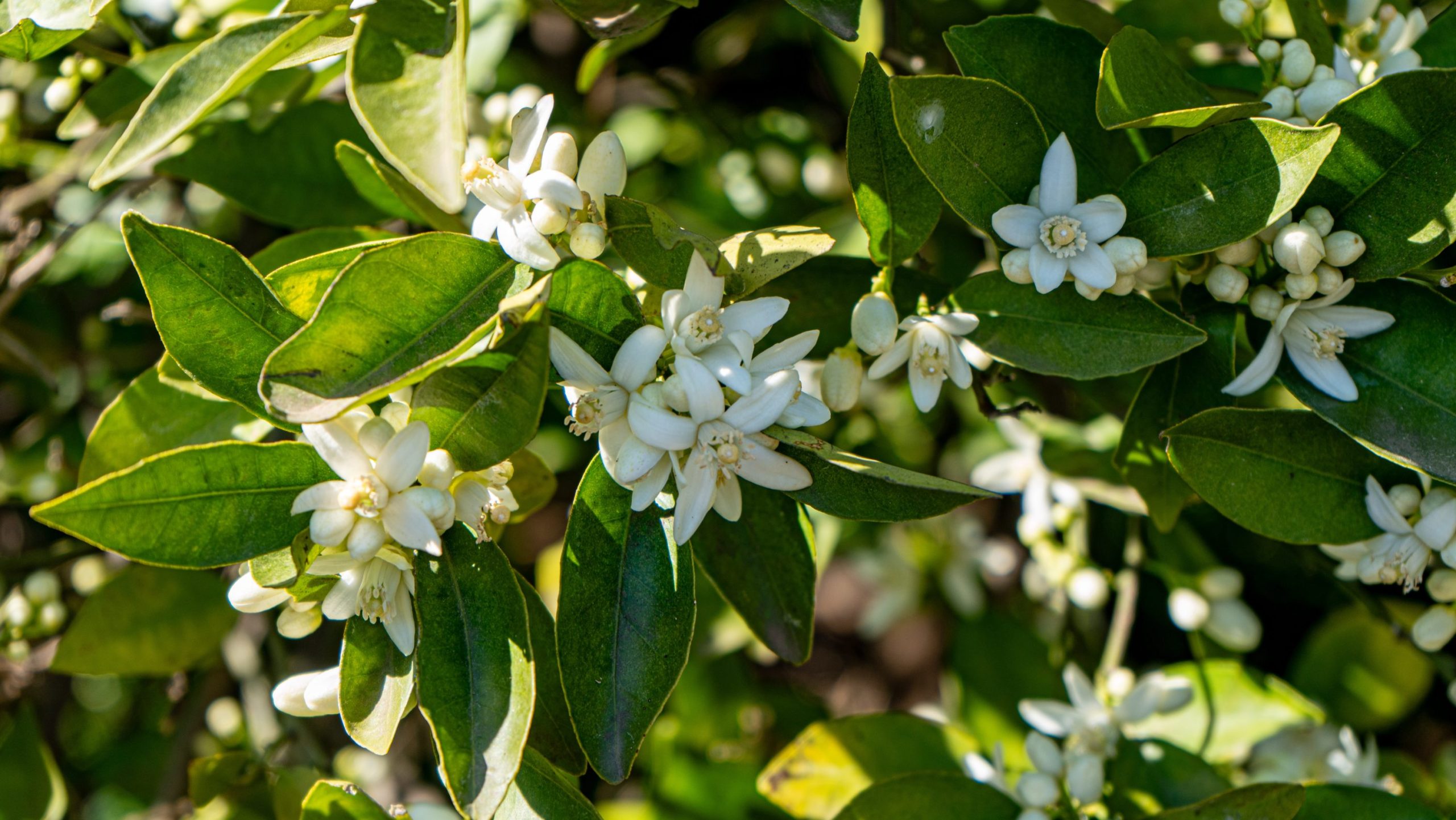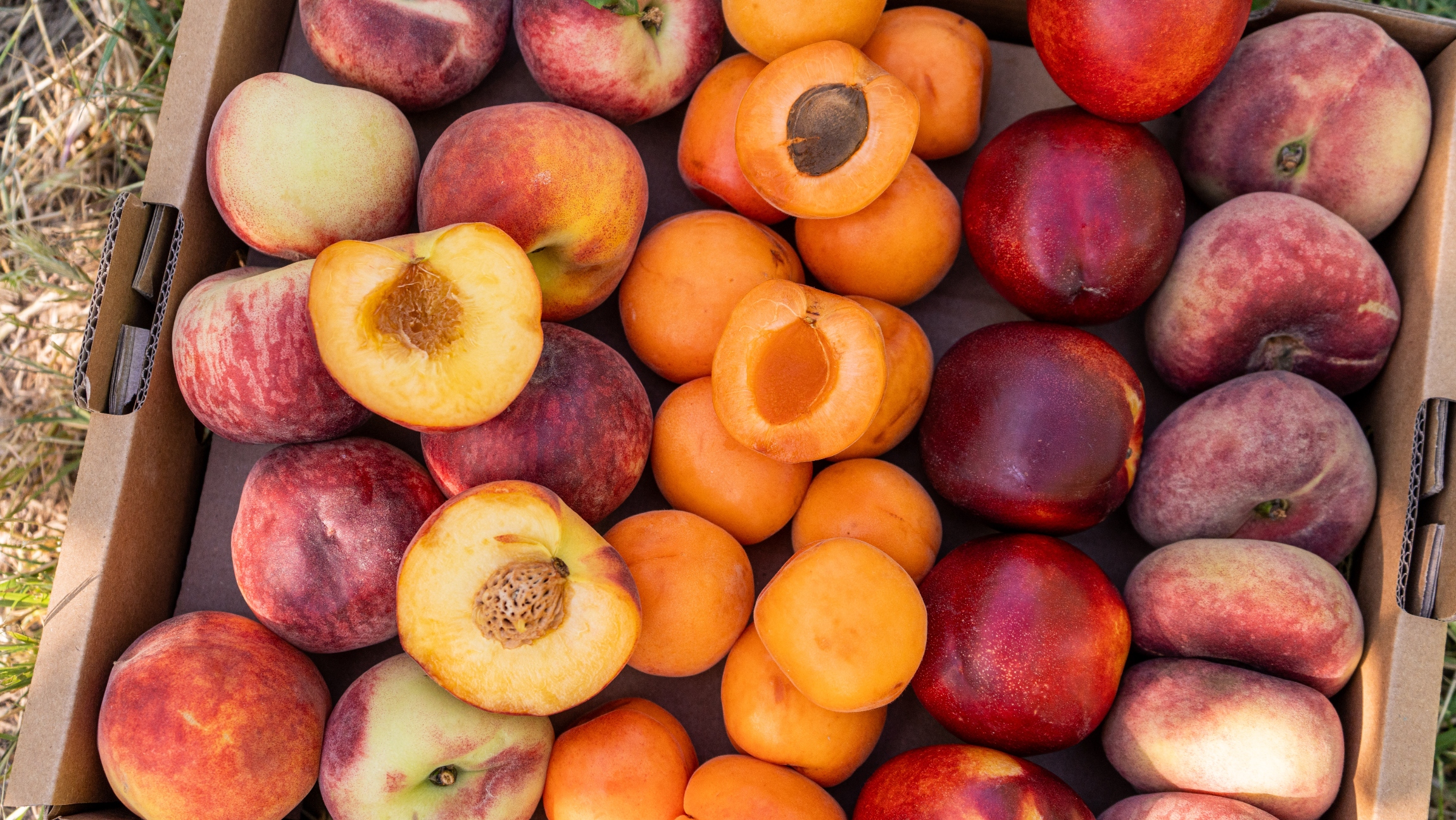Spring has sprung. The most beautiful season and the most critical for most fruit trees in Europe. At this time of year, every weather event has a greater impact on the quantity and quality of the harvest than at any other time of the year.
How do springtime weather events affect future harvests?
If temperatures rise too quickly, the excess heat can burn the flowers of fruit trees such as almond trees (Prunus dulcis), cherry trees (Prunus avium) and pear trees (Pyrus communis). The drying of flowers hinders pollination and fruit set, thereby reducing production.
However, overly low temperatures can be just as harmful. Late frosts affect species such as peach (Prunus persica), apricot (Prunus armeniaca) and grapevine (Vitis vinifera), causing necrosis of floral tissue and loss of the crop. In regions where frosts are recurrent in springtime, farmers must resort to protection systems such as sprinkler irrigation or heaters to minimise damage.
What’s more, heavy rainfall can have negative consequences not just for fruit trees, but also for pollinators. A downpour can wash nectar off flowers, making it difficult for bees and other insects to gather food. This affects both crop pollination and honey production, as honeybees (Apis mellifera) rely on nectar as their main source of energy.
Despite all this, the biggest threat to our farms in Europe isn’t caused by these weather events, but by the use of synthetic chemical pesticides.
Pollinators and organic crop production
Springtime is also a key period for pollinators. In addition to bees and bumblebees (Bombus spp.), other insects such as butterflies (Lepidoptera), hoverflies (Syrphidae) and some species of beetles play a key role in the reproduction of many cultivated and wild plants. Without these pollinators, agricultural production would be severely affected, which would jeopardise food security and biodiversity.
When a non-organic farmer applies pesticide treatments to trees, they’re also applying it directly or indirectly to the bees that collect the nectar containing the chemical residue. This reduces the bees’ ability to get their bearings, as well as their survival rate, contributing to their global decline. Organic crop production, on the other hand, promotes a healthy environment by avoiding these toxic compounds and encouraging floral diversity.
Adoptions guarantee farmers a price that allows them to produce organic crops. This also helps preserve ecosystems and their pollinators.
Happy springtime!







Comments
Please note that we will only respond to comments related to this blog post.